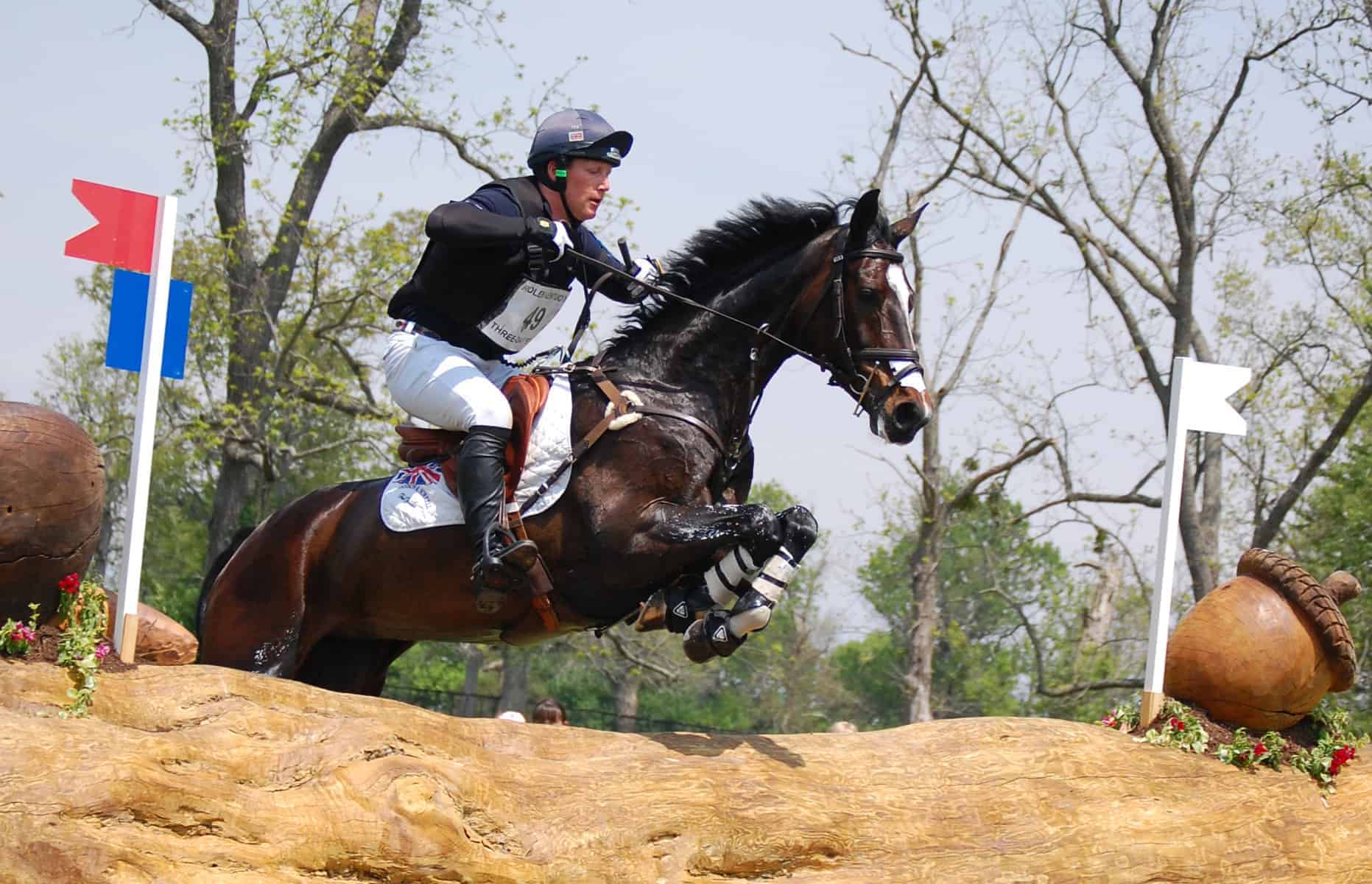Researchers Review Three-Day Eventing Horse Fitness Parameters

Conditioning horses for eventing’s cross-country phase is critical, especially for upper-level athletes. That’s why French researchers recently developed a way to look at horses’ individual fitness levels by monitoring heart rate and blood lactate levels during exercise. They recently investigated a broad range of eventing horses to determine how those measures changed between training and competition and across difficulty levels (in this study, the 1* to 4* levels).
They found that, in training, the higher the difficulty level, the lower the heart rates and lactate readings. However, in competition, the results were the opposite. As difficulty increased from 1* to 4*, so did heart rates and lactate readings, said Didier Serteyn, PhD, of the University of Liège, in Belgium, during a presentation at the 2017 French Equine Research Day.
“This study describes the intensity of the efforts the horses produced during training and competition and showed that different levels of exercise intensity induced varying changes in heart rate and blood lactate values,” he said. The research was part of Katharina Kirsch’s PhD thesis; she studies at the University of Liège and serves as a German Olympic Committee for Equestrian Sports veterinarian
Create a free account with TheHorse.com to view this content.
TheHorse.com is home to thousands of free articles about horse health care. In order to access some of our exclusive free content, you must be signed into TheHorse.com.
Start your free account today!
Already have an account?
and continue reading.

Written by:
Christa Lesté-Lasserre, MA
Related Articles
Stay on top of the most recent Horse Health news with











